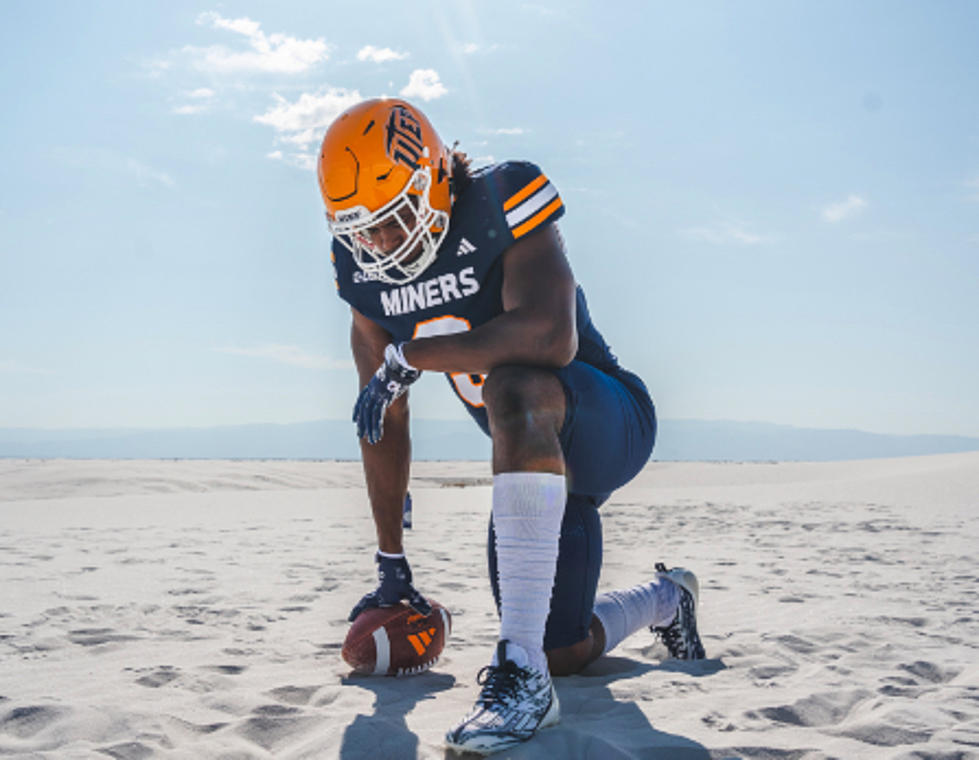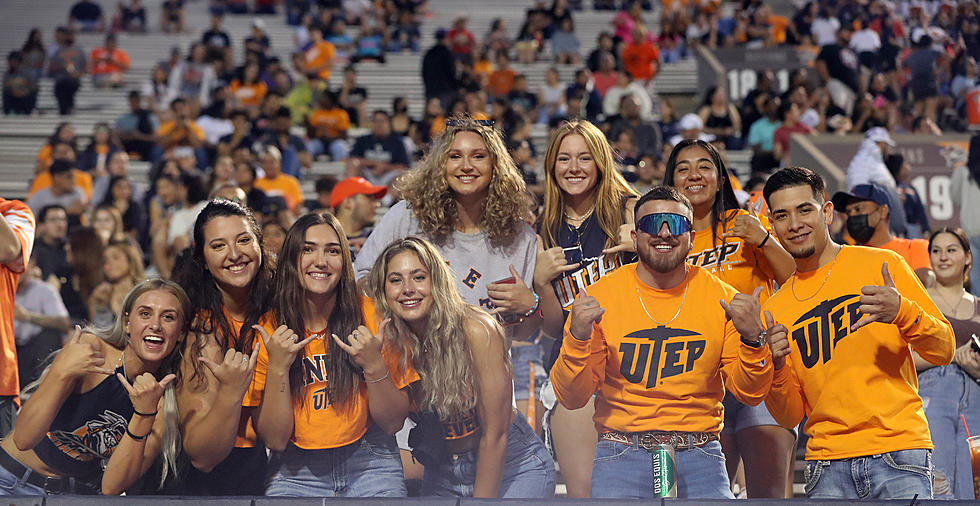
How the New NCAA Policy Could Affect UTEP Men’s Basketball
In efforts to straighten college basketball's integrity, the NCAA adopted a series of policy and rule changes on Wednesday. Through the past years, men’s college basketball has been plagued with FBI investigations and corruptions that have been said to have tarnished the integrity of the sport.
"These changes will promote integrity in the game, strengthen accountability and prioritize the interest of student-athletes over every other factor," NCAA president Mark Emmert said in a statement. "We remain committed to promoting fairness in college sports and creating an environment that will champion the success of student-athletes."
Policy Rundown
Under the new changes, the NCAA board of governors and Division I board of directors have stated that:
- Elite high school basketball prospects and college student-athletes are eligible to be represented by agents that get certified by the NCAA;
- Eligible underclassmen may test the NBA draft waters and return to school if undrafted;
- Certification requirements and monitoring will take place in summer amateur basketball events to try and reduce tampering or third-party involvement with recruits; and
- Longer postseason bans, recruiting restrictions and harsh suspensions will be in place for coaches and programs that break the rules.
NBA Draft and the Miners
As the previous rule allowed eligible underclassmen to enter the NBA draft, participate in the combine and return to school as long as they withdrew from the draft 10 days after the combine, the new policy gives players more flexibility to test the draft waters.
If approved by the NBA and National Basketball Players Association (NBPA), the NCAA can grant underclassmen to declare for the draft, participate in the combine and come back to school if undrafted, on the condition that they request an evaluation from the NBA Undergraduate Advisory Council before the draft and notify the athletic department of their intention to return by 5 p.m. on the Monday following the draft.
This past offseason, Tyus Battle of Syracuse decided to return to the program after the NBA Combine. In this new rule, Battle could have had the option to enter the draft, and if undrafted, return back to the program.
This can actually help a program like the Miners, where talent can thrive collegiately and test the draft waters to see where they stand. If an underclassman, who is a sophomore or junior, has a breakthrough season and is given an NBA Combine invitation, they might test their skills, meet with professional coaches and see where they stand on draft night. If they aren’t picked up, they can simply go back to UTEP and try the following draft period.
It could be a good way for Rodney Terry and staff to recruit since the staff can give highly-regarded prospects the opportunity to have significant playing time, while pitching the idea to recruits that they could stand out in a mid-major conference like C-USA and could get NBA draft recognition, all with the security of having their spot on the team if it doesn't work out.
And no, UTEP wouldn't have had Vince Hunter if this policy was in place before the 2015 season, despite him not being drafted.
More Official Visits Allowed
Already starting later this month, basketball recruits may take as many as 15 official visits, whereas they previously were allowed five. Visits may be taken on Aug. 1 before their junior year of high school, with five visits allowed during their junior year, five visits between the end of their junior year and Oct. 15 and five final visits between Oct. 15 and the remainder of their college eligibility.
Prospects may only visit a college once per year and all Division I schools will be required to pay for 28 official visits over a two-year period, contrary to the 24 official visits previously.
Here’s another win for UTEP, who can now stretch their official visits beyond their initial means. Terry and staff can choose to give official visits to highly regarded prospects and try to sell them on being a standout at UTEP. Since Terry and staff are just getting their feet wet within the program, more visits will allow the staff to truly get the players they are seeking out without limitations.
Agents Allowed and What it Means for the Miners
NCAA will allow college players to be represented by NBPA certified agents, who must become NCAA certified by Aug. 1, 2020, under the condition that they request an evaluation from the NBA Undergraduate Advisory Committee. Agents are allowed to pay for meals and transportation for players and their families during the agent selection process and through meetings for professional teams, per the new policy.
Here’s where the policy gets tricky.
If the NBA agrees to change its rules to allow high school basketball players eligible for the draft at 18, which is what the foreseeable future looks like by 2021, high school prospects may sign with NCAA agents starting July 1 before their senior year of high school, if recognized as an elite senior prospect by USA Basketball.
All agent agreements will be terminated when the student enrolls or returns to college.
There’s many questions surrounding this that are left unanswered. How does the USA Basketball committee decide who is an “elite senior prospect”? How many players will get this recognition under their name? Will third-party agent interference play a role in a student athlete’s college basketball career?
For example, let’s say the Miners snag an “elite senior prospect” out of high school. Given the player's status as “elite” and expectancy to eventually get to the NBA, will the agent’s outside influence affect the player while he’s with the program?
Or, if UTEP’s coaching staff is actively seeking an "elite" college prospect, how much will the agent’s personal philosophy influence the player’s college decision?
This new policy has a lot of loopholes and seems like it can lead to many other problems within the NCAA and recruiting. If UTEP actively pursues some of these players, the staff might have to not only recruit the player, but also recruit his agent.
Academic Enhancements
All Division I programs, UTEP included, will be required to pay for tuition, books and fees for scholarship basketball players who leave school and return within 10 years to the same school to earn their first degree starting August 2019. The only players that are eligible for this are student athletes that attended school for two years before leaving.
For programs that are financially unable to play for the players’ education, the NCAA is establishing a fund to give to these schools.
More From 600 ESPN El Paso









